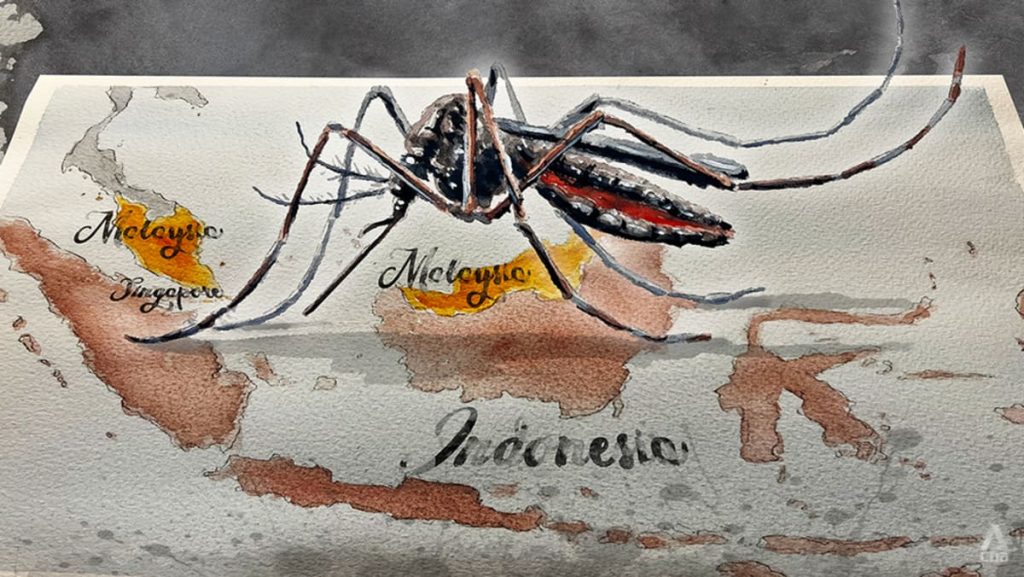In Indonesia, the rollout of Wolbachia mosquitoes has been hampered by misinformation and falsehoods. Last year in Bali, fake claims spread on social media about the mosquitoes transmitting Japanese encephalitis or having “LGBT genes”, as well as being part of Bill Gates’ “depopulation plan.” On the other hand, in Singapore, where dengue is a major concern, the challenge lies in keeping the issue top of mind for the public.
While Singaporeans are generally aware of the risk of dengue, it can be difficult for them to consistently remember to check for mosquito breeding in their homes, according to Dr. Dickens. Knowledge about the disease hasn’t always translated into action, with some people expecting public health authorities to take care of the problem. Even for those who have experienced dengue, like Mr. Loh in Toa Payoh, the threat may not seem real until it actually affects them.
After contracting dengue, Mr. Loh and his family have become more vigilant about protecting themselves from mosquitoes, especially when going outdoors. They use multiple types of mosquito repellent and take precautions without going to the extreme of wearing long pants and sleeves in Singapore’s hot climate. Finding a balance between precaution, self-care, and avoiding paranoia is important for managing the risk of dengue in a country where the disease is prevalent.
In contrast to Indonesia’s struggles with misinformation, Singapore has been more successful in implementing public health measures, such as the use of Wolbachia mosquitoes, to control mosquito-borne diseases like dengue. Despite this, the challenge remains in getting people to take personal responsibility for preventing mosquito breeding in their own homes. The government alone cannot solve the issue, as individual actions play a crucial role in reducing the spread of dengue fever.
While the Wolbachia mosquitoes have shown promise in reducing the dengue-carrying mosquito population, ongoing efforts are needed to sustain this progress. Public education and awareness campaigns can help remind people of the importance of checking for and removing mosquito breeding sites. By promoting a culture of personal responsibility and vigilance, Singapore can continue to effectively manage the threat of mosquito-borne diseases like dengue.
Overall, the experiences in Indonesia and Singapore highlight the importance of combating misinformation and promoting personal responsibility in the fight against dengue and other mosquito-borne diseases. While Singapore has made strides in controlling dengue through innovative methods like Wolbachia mosquitoes, ongoing efforts are needed to sustain progress and ensure public participation in mosquito control measures. By addressing misinformation and encouraging individual action, both countries can work towards reducing the impact of these diseases on public health.















